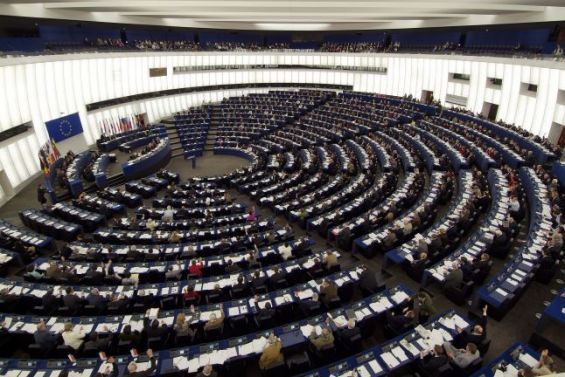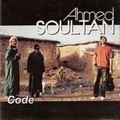In a letter sent to the European Commissioner for Economic and Financial Affairs, Taxation and Customs Pierre Moscovici, «representatives of Sahrawi civil society in Morocco and in the Tindouf camps» protested against the proposal to extend tariff preferences to products originating from Western Sahara in the framework of the EU-Morocco association agreement.
In their letter, these «representatives» reaffirmed «their categorical refusal» to the suggestion, rejecting the «discussions conducted in this context by the European External Action Service and the European Commission for Economic Affairs», reports the Polisario’s press agency.
This letter was sent after Sahrawi political actors in the regions of Dakhla-Oued Eddahab and Laayoune-Sakia El Hamra called the European Union to renew the agricultural and fisheries agreements with Morocco, «highlighting the impact of these agreements on these regions' development and how their populations benefit from natural resources».
These political actors’ demands were part of a petition signed and sent to EU bodies on Friday, reports Map news agency.
A war declared before Wednesday’s vote
This war has been declared as the European Parliament is expected to vote, Wednesday January the 16th, on the Morocco-EU association agreement. The Polisario benefits from the «scandal» that surrounded French liberal MEP Patricia Lalonde, who resigned from her post as lead MEP on the EU association agreement with Morocco.
Lalonde left after an investigation, conducted by online newspaper Euobserver led to the «subsequent launch of an internal parliament probe into possible conflicts of interest among several other MEPs implicated in the affair».
To put it in other words, the French MEP was accused of «sitting on the board of directors of a foundation close to Morocco».
On Monday, Euobserver revealed that these «conflicts of interest» have manifested in a different way that could affect Wednesday’s vote. According to the same source, leader of the liberal Alde group Guy Verhofstadt «has denied the public a debate on a controversial trade deal between the EU and Morocco».
«The decision means the European Parliament at the Strasbourg plenary will not disclose the issue to the wider public following a scandal that saw the agreement's lead MEP, French liberal Patricia Lalonde», the same source pointed out.
Lalonde's collusion
For the record, the European Parliament's Committee on International Trade adopted on December the 10th, by an overwhelming majority, the agricultural agreement between Morocco and the European Union. 25 MPs voted in favor of the treaty while 9 others voted against it.
This vote comes only three weeks after, the European Parliament's Committee on Foreign Affairs (AFET) adopted, November in Brussels, by a large majority, the same agreement (44 MPs for and 17 against it).
However, MEPs belonging to the European Green Party and left-wing groups in the European Parliament boycotted the voting operation. They protested against the fact that MEP Patricia Lalonde is allegedly working in «collusion» with Morocco.
But MEPs’ anger in the European Parliament dates back to when Lalonde issued a report on a mission carried out by other members of the Committee on International Trade on the 3rd and 4th of September in Laayoune and in Dakhla.
In her report the MEP said she is interested in creating a mechanism to improve the traceability of products coming from Western Sahara, adding that «the local population will profit from economic development and the spill-over effects created in terms of investment in infrastructure, health and education».





 chargement...
chargement...













